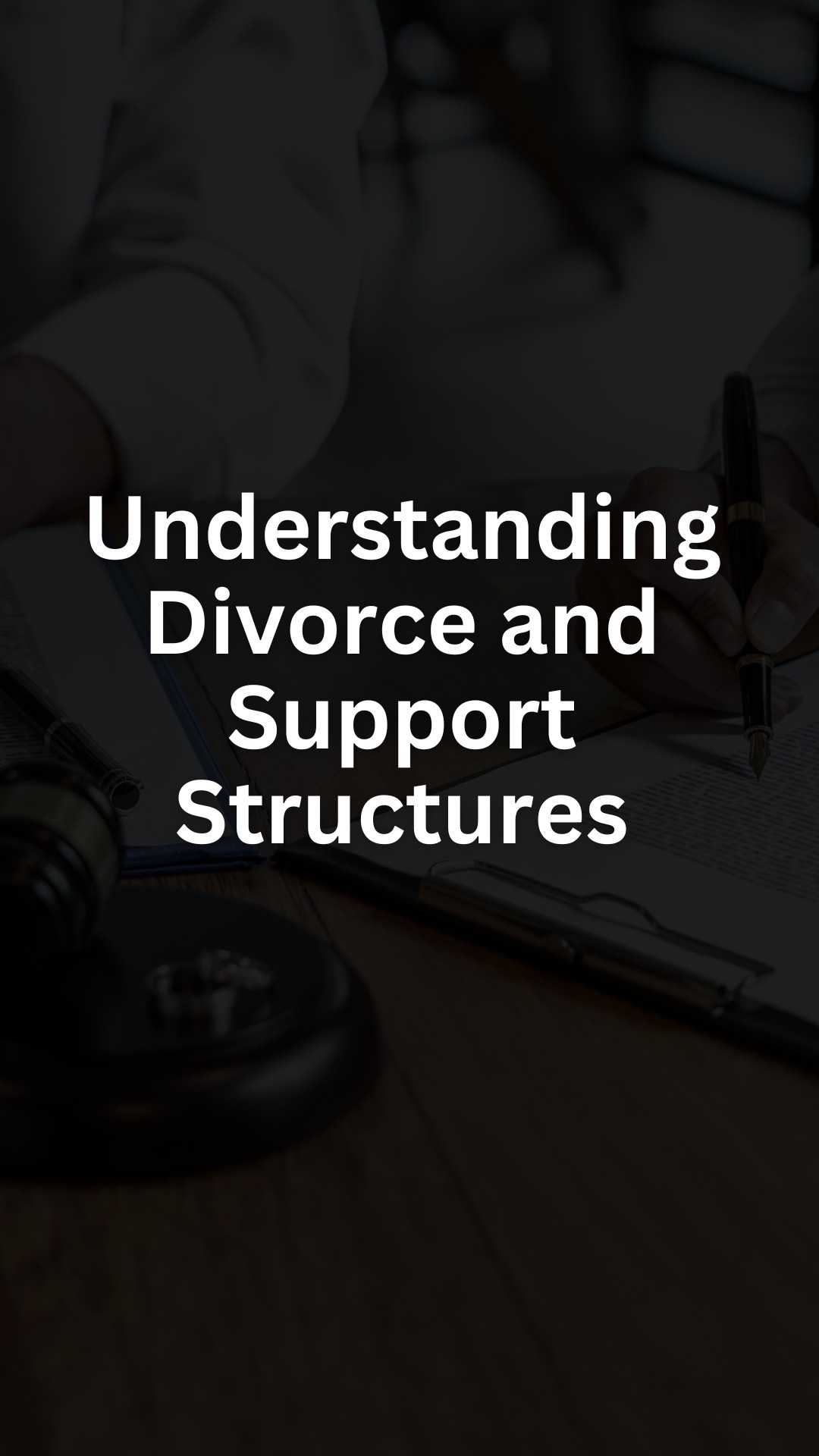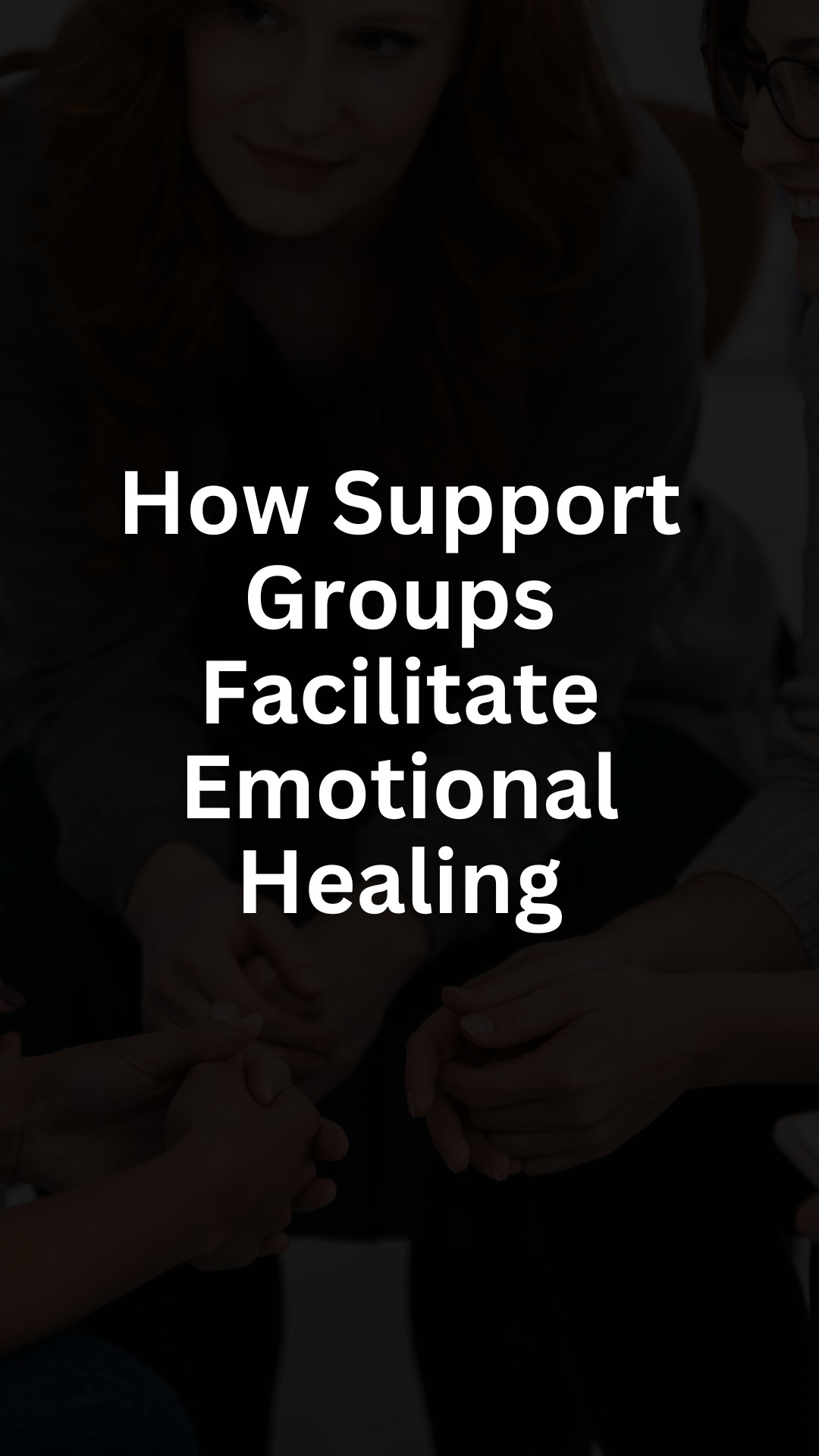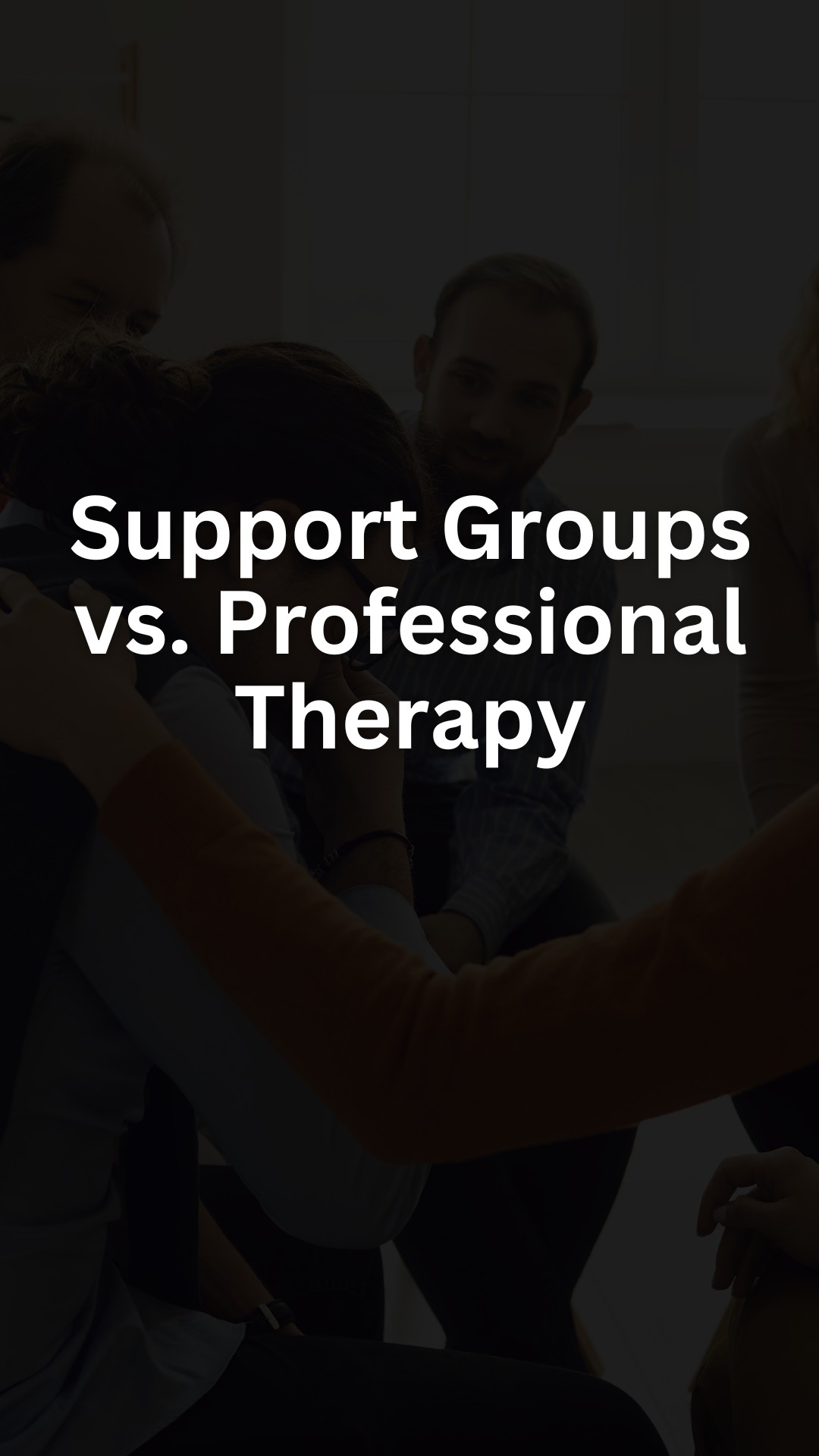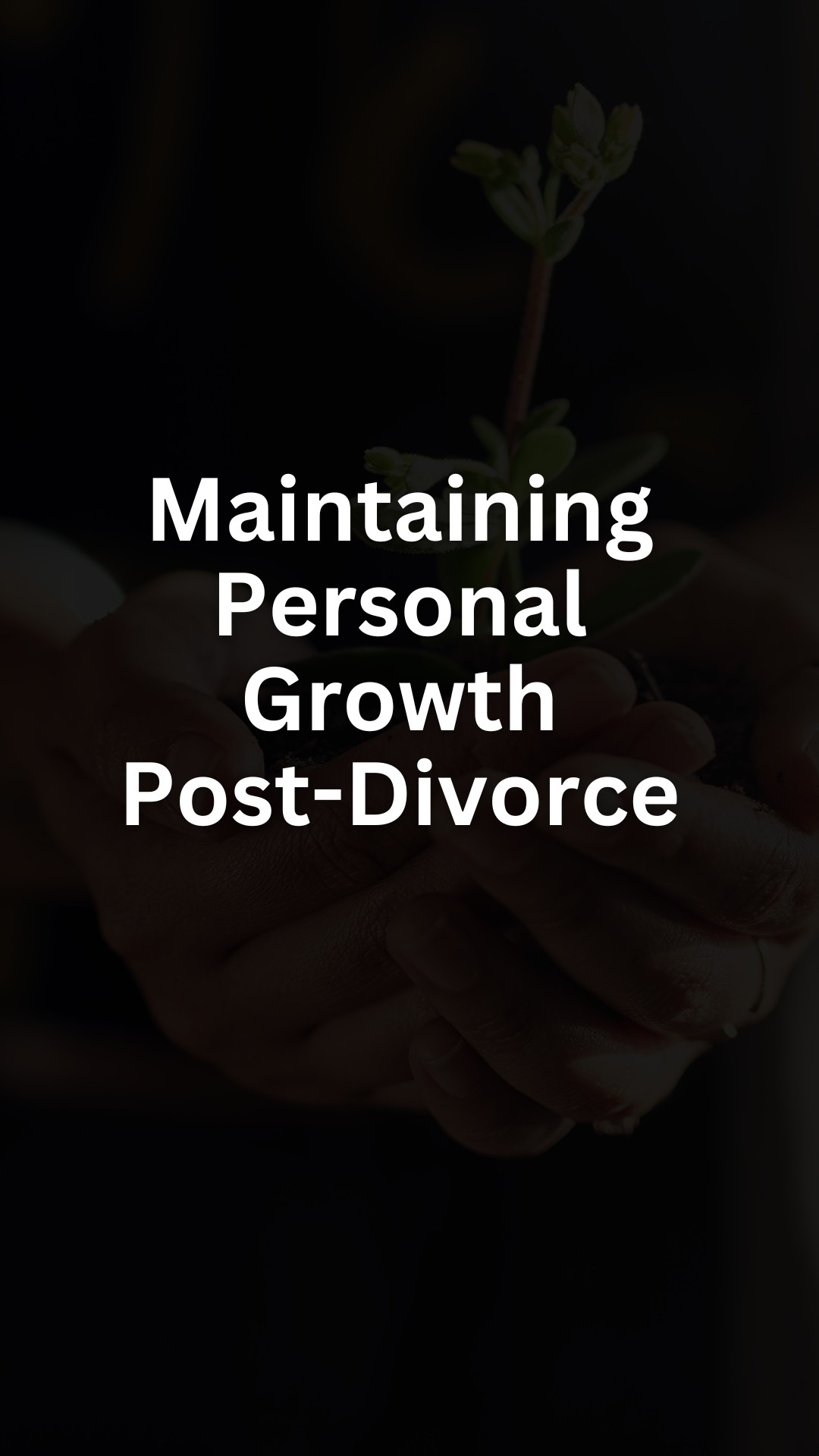Going through a divorce can be one of the hardest times in your life. It’s a period filled with emotional ups and downs and significant changes.
Support groups can play a crucial role in helping you navigate this challenging journey.
You’re not alone in this process; many people have found that sharing their experiences with others in similar situations provides comfort and understanding.
Support groups offer a safe space to express your feelings and gain advice from those who really get what you’re going through.
Being part of a support group can also provide structured guidance and practical strategies for coping.
These groups often meet regularly, providing a consistent source of help and encouragement.
Understanding Divorce and Support Structures

Divorce is a tough experience that can deeply affect your emotions, relationships, and daily life. It’s important to understand what divorce involves and how support structures can help you through this challenging time.
Divorce Basics:
- Emotional Impact: Expect feelings like sadness, anger, and confusion.
- Legal Process: You might need lawyers, court visits, and paperwork.
- Financial Changes: Your income and expenses may change.
Role of Family and Friends:
Having a strong network of family and friends can make a huge difference. They provide:
- Emotional Support: Someone to talk to and share your feelings.
- Practical Help: Assistance with daily tasks, childcare, or moving.
Support Groups:
Support groups bring together people going through similar experiences. These groups offer:
- Shared Experiences: Hearing others’ stories can make you feel less alone.
- Professional Guidance: Many groups are led by therapists or counselors.
- Community Feel: Building connections can provide comfort and understanding.
Benefits of Professional Support:
Professional support from therapists or counselors can help:
- Processing Emotions: Understand your feelings more clearly.
- Developing Strategies: Learn ways to cope with stress and change.
- Improving Communication: Navigate conversations with your ex-partner and children.
Types of Support Groups Available

There are various support groups available to help you through a divorce. These groups offer a safe space to share your feelings and learn from others in similar situations.
In-Person Support Groups
These groups meet face-to-face in a physical location. You can find them through local community centers, churches, or counseling offices.
This type of support group can provide a strong sense of community and personal connection.
Online Support Groups
Online support groups meet over the internet, usually through forums or video calls. They offer flexibility, allowing you to join from home.
Websites like DivorceCare and Reddit have active communities. This makes them accessible no matter where you live.
Therapeutic Support Groups
These are led by professional therapists or counselors. They can provide more structured and guided support.
They often involve exercises and techniques to help you manage your emotions. They are ideal if you want expert advice and a controlled environment.
Peer-Led Support Groups
These groups are run by individuals who have gone through a divorce themselves. They offer a unique perspective and shared experiences.
These groups can be very informal and less structured. They rely on the collective knowledge and support of the group members.
Faith-Based Support Groups
These groups are often hosted by religious institutions. They integrate faith and spirituality into the healing process.
They can be comforting if you share the same beliefs. Local churches, mosques, or temples often offer these groups.
Specialized Support Groups
Some groups focus on specific aspects, like co-parenting or financial issues. They help you tackle particular challenges in your divorce journey.
Look for groups that align with your specific needs to get the most out of them.
Benefits of Participating in Support Groups

| Benefit | Description |
|---|---|
| Emotional Support | Feel less alone by connecting with people who understand |
| Shared Knowledge | Gain advice about legal, parenting, and stress management |
| Building Friendships | Create new friendships that offer strength and connection |
| Stress Relief | Reduce stress by expressing your feelings in a judgment-free space |
| Empowerment | Get inspired by others’ success stories and gain the courage to move forward |
| Increased Confidence | Gain confidence through learning and sharing with others |
| Improved Coping Skills | Learn new ways to manage your emotions and handle daily challenges |
| Reduced Feelings of Isolation | Break the feeling of isolation and become part of a community |
Increased Confidence:
By learning and sharing, you can gain confidence. Knowledge and support from others can make you feel stronger.
Improved Coping Skills:
Support groups often teach coping strategies. You can pick up new ways to manage your emotions and handle daily challenges.
Reduced Feelings of Isolation:
It’s common to feel isolated during a divorce. Support groups break this isolation, making you feel part of a community.
参与支持小组可以带来很多益处。这些小组不仅提供情感支持,还帮助你建立新的友谊。你会从他人的经历中学习,获得重要的建议。加入支持小组,分享和获取知识,减少压力,提升自信。
Finding the Right Support Group

Finding the right support group can make a big difference. Here are some tips to help you.
First, consider your needs. Do you need a group focused on emotional support or practical advice?
Next, search for local options. Libraries and community centers often have lists of groups.
Online support groups offer flexibility. Websites like Meetup and Facebook have many options.
Ask for recommendations. Friends, family, or your therapist may know of good groups.
Make sure the group feels like a safe place.
Visit different groups to see which one feels the most comfortable.
How Support Groups Facilitate Emotional Healing

Shared Experiences: You can find comfort and relief in talking with others who are going through the same things. It’s easier to share your feelings with people who understand what you’re experiencing.
Validation: Hearing your thoughts and emotions echoed back by others shows you that your feelings are normal. This can be very reassuring.
Advice and Tips: Group members often share practical advice. Tips on how to cope and move forward can be really helpful in your healing process.
Empathy and Understanding: Support groups offer a space where you feel understood and accepted. This can reduce feelings of isolation.
Accountability: Regular meetings encourage you to stay committed to your emotional well-being. Knowing others are there for you can motivate you to keep working towards healing.
Safe Space: You can express yourself freely in support groups. This safe environment helps you to open up without fear of judgment.
Professional Guidance: Many groups are led by trained professionals who provide valuable insights. They can guide discussions and offer expert advice.
Hope and Positivity: Seeing others who have healed gives you hope. Witnessing progress in others can inspire you to keep moving forward.
Friendship: New friendships often form in these groups. Building connections with others who understand your journey can be very rewarding.
Stress Relief: Sharing your struggles and hearing others’ stories can be a significant stress reliever. It helps to lighten your emotional burden.
Support Groups vs. Professional Therapy

Support Groups
Support groups are a place where people going through similar experiences, such as divorce, can share their thoughts and feelings. They provide emotional support and a sense of community.
Here are a few key points about support groups:
- Peer Support: You get to connect with others who are in the same situation.
- Cost: Many support groups are free or low-cost.
- Flexibility: Meetings are often held weekly or monthly, allowing for more flexibility.
Professional Therapy
Professional therapy, often with a licensed therapist, offers a different type of support. Therapists have specialized training to help people deal with complex emotions and mental health challenges.
Key points about professional therapy:
- Expertise: Therapists have training and credentials.
- Personalized Therapy: Sessions are tailored to your specific needs.
- Confidentiality: What you share with a therapist stays private.
Comparison
| Aspect | Support Groups | Professional Therapy |
|---|---|---|
| Type of Support | Emotional, Peer | Professional, Specialized |
| Cost | Free or Low-Cost | Fee-Based |
| Expertise | Shared Experiences | Professional Training |
| Flexibility | Weekly/Monthly | Scheduled Appointments |
| Confidentiality | Less Formal | Highly Confidential |
Online Support Groups: Pros and Cons

Pros
Accessible: You can join online support groups from anywhere, at any time. This is great if you live in a remote area or have a busy schedule.
Anonymity: Online groups often allow you to stay anonymous. This can make it easier to open up and share your feelings.
Diverse Perspectives: You can meet people from different backgrounds and cultures. This can provide a rich variety of experiences and advice.
Convenience: You can access support without leaving your home. This can be especially helpful if you have kids or other responsibilities.
Variety of Resources: Many online groups offer articles, videos, and other resources. This can help you learn more about coping with divorce.
Emotional Support: You can get constant support. This means you are not limited to a weekly meeting and can reach out any time you need.
Cons
Lack of Face-to-Face Interaction: Online groups can feel impersonal. Seeing people in person can sometimes feel more comforting and supportive.
Privacy Concerns: Sharing online always comes with privacy risks. There’s always a chance your information could be seen by others you didn’t intend to share it with.
Miscommunication: Text-based communication can lead to misunderstandings. Without tone and body language, it can be easy for messages to be misinterpreted.
Varied Quality: Not all online groups are moderated by professionals. Some may have unqualified members giving advice that isn’t helpful.
Internet Access: You need a stable internet connection. This can be a problem if you have limited or unreliable internet service.
Distractions: Being online can come with many distractions. It can be hard to focus on support when you are browsing the web or have notifications popping up.
Isolation: Relying only on online support can sometimes make you feel more isolated. It’s important to also seek face-to-face interactions when possible.
Confidentiality and Safety in Support Groups

When joining a support group, you need to feel safe. Confidentiality is crucial for this. Everything shared in the group stays in the group. This rule helps everyone feel open and honest.
Group rules often include anonymity. Members might use first names only and avoid sharing personal contact info. This keeps identities private and builds trust.
Support groups make safety a priority. Meetings are usually held in secure spaces. Some groups meet online, using secure platforms to protect your privacy.
Leaders often receive training on how to handle sensitive topics. They are there to ensure the group stays a safe place for you to share your experiences.
It’s important to speak up if you ever feel uncomfortable. Group rules often include a way to address any concerns. This ensures your feelings and safety are taken seriously.
Joining a support group means agreeing to these rules. Respecting confidentiality and safety helps everyone in the group feel secure and supported.
Below is a simple list of common rules for confidentiality and safety:
- Share only first names
- Keep discussions within the group
- Do not share personal contact information
- Address concerns with the group leader
By following these rules, you ensure a supportive and secure environment for everyone.
Navigating Co-Parenting Through Support Groups

Co-parenting after a divorce can be very challenging. Support groups offer a foundation to ease this transition.
Joining a support group lets you share your experiences with others facing the same challenges. It’s a place to give and receive advice.
Benefits of Support Groups
- Shared Experiences: You’ll meet people who understand your situation.
- Emotional Support: Provides a safe space to express feelings.
- Practical Advice: Learn effective co-parenting strategies.
What to Expect
In these groups, you’ll discuss various topics, such as:
- Communication Tips: How to maintain open and respectful communication with your ex-partner.
- Schedules: Ways to create a mutually agreeable parenting schedule.
- Child’s Needs: Focus on meeting your child’s emotional and physical needs.
Tools and Techniques
Support groups often introduce you to helpful tools:
- Calendars: Shared digital calendars to manage schedules.
- Apps: Co-parenting apps for better organization and communication.
Emotional Growth
You’ll gain:
- A better understanding of your feelings.
- Skills to manage conflicts constructively.
- Confidence in your ability to co-parent effectively.
The Impact of Support Groups on Long-Term Recovery

Joining a support group can play a big role in your long-term recovery after divorce.
Emotional Stability
Support groups provide a safe space to express emotions. Sharing experiences can help reduce feelings of isolation and loneliness.
Building Resilience
Learning coping strategies from others can make you stronger. Hearing success stories can encourage you to keep going.
Social Connections
Meeting people in similar situations can create new friendships. These connections can become your support system outside of group meetings.
Practical Advice
Support groups often share practical tips for managing daily life. These can include budgeting or co-parenting strategies.
Self-Esteem Boost
Hearing from others and getting feedback can improve self-esteem. Feeling understood and supported can boost your confidence.
Accountability
Regular meetings can help keep you on track. Knowing that others care about your progress can motivate you to keep moving forward.
Maintaining Personal Growth Post-Divorce

Personal growth after a divorce can be challenging but also rewarding. Focusing on yourself and your goals is important.
Set small goals. Start with something achievable, like learning a new hobby or reading a book. This can boost your confidence.
Stay connected with friends and family. Social support can provide emotional stability and comfort.
Exercise regularly. Physical activity reduces stress and improves mood. Even a daily walk can make a difference.
Journaling can help you process your feelings. Writing down your thoughts gives you clarity and helps track your progress.
Seek help if you need it. It’s okay to talk to a therapist or join a support group.
Finances can be a concern. Creating a budget helps keep track of your money and plan for the future.
Volunteer. Helping others can give you a sense of purpose and prevent feelings of isolation.
Self-care is essential. Treat yourself kindly and give yourself time to heal.
Educate yourself. Take classes or attend workshops. Expanding your knowledge can be empowering.
Reflect on your achievements. Celebrate small victories to keep yourself motivated.
Frequently Asked Questions

Support groups offer emotional help, practical advice, and a sense of community for those going through a divorce. Different types of groups are available to fit various needs and preferences.
What benefits do individuals get from joining a support group during the divorce process?
Joining a support group provides emotional comfort and reduces feelings of isolation. You can share experiences and learn from others who have been through similar situations. This can help you gain new perspectives and coping strategies.
What types of support groups are available for those experiencing divorce?
There are various types of support groups available. Some are therapist-led, while others are peer-led. These groups can be found online or in person. Some focus on specific aspects of divorce like parenting, financial stability, or emotional healing.
How can someone find a divorce support group that fits their personal needs?
To find a group that suits your needs, start by asking for recommendations from counselors or friends. You can also search online for local or virtual groups. Pay attention to the group’s focus and structure to ensure it aligns with what you are looking for.
What challenges do people face when seeking support during a divorce and how can they overcome them?
One challenge is the fear of sharing personal details with strangers. To overcome this, start with groups that offer a comfortable environment. Another challenge is finding the time. Choosing a group with flexible meeting schedules can help.
How do support groups help with the emotional stress of a divorce?
Support groups provide a safe space to express feelings and receive feedback. This helps in managing emotions such as anger, sadness, and grief. You can also build friendships that offer ongoing emotional support.
What strategies do support groups provide to manage the legal and financial aspects of divorce?
Support groups often invite experts to discuss legal and financial topics. You can learn about managing finances, understanding legal rights, and planning for the future.
Some groups also offer resources like budgeting tools and legal aid contacts.